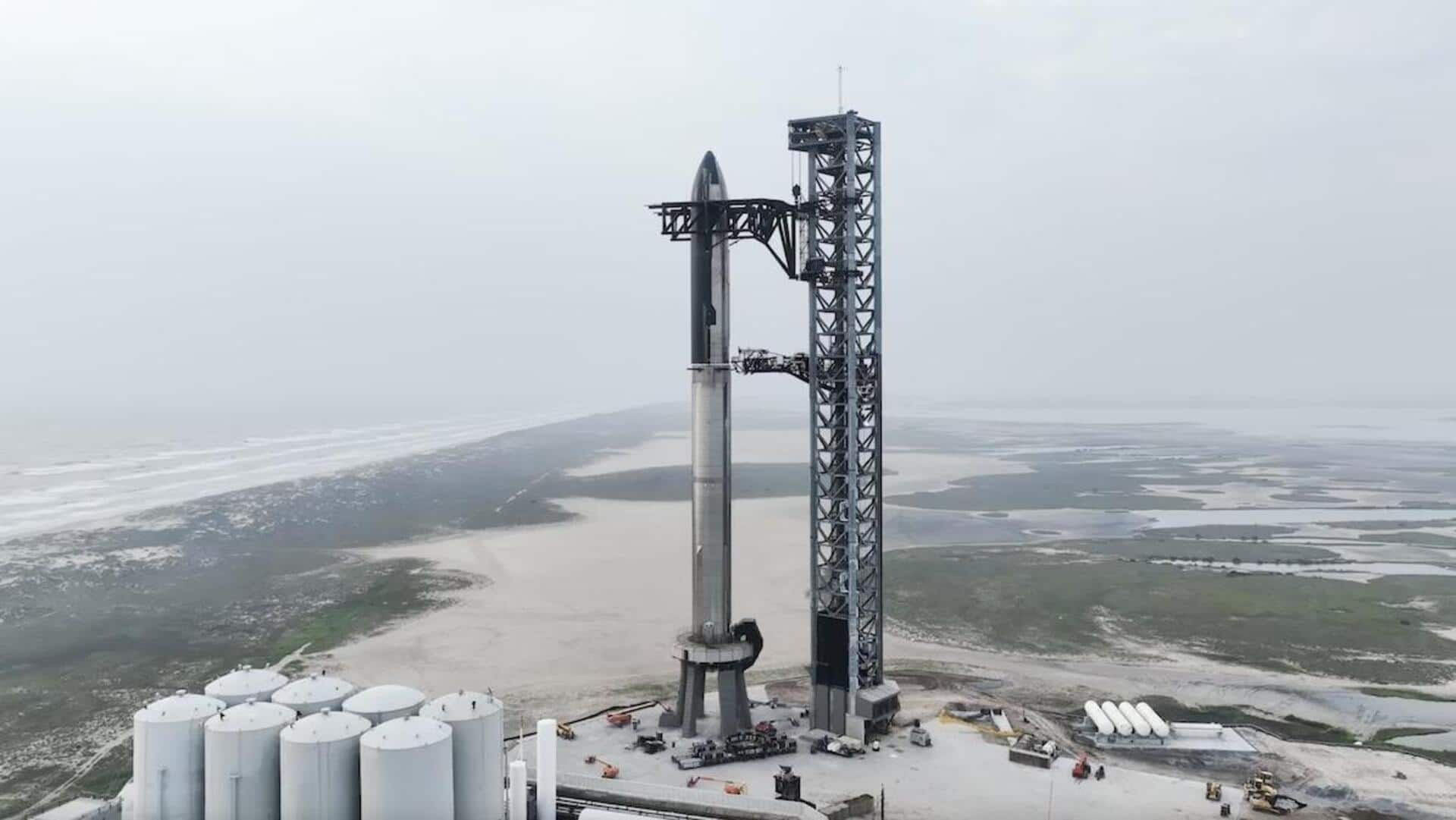
Musk's SpaceX gets permission for 25 Starship launches per year
What's the story
The Federal Aviation Administration (FAA) has given Elon Musk's aerospace company SpaceX the green light to ramp up its Starship rocket launches from Boca Chica, Texas. The new permission allows for as many as 25 launches per year, a massive increase from the previous cap of just five. This expansion comes as a result of SpaceX's proposal during the Joe Biden administration to increase their launch frequency from the Texas Gulf coast.
Approval process
FAA's approval follows environmental assessment
The FAA's approval of SpaceX's proposal comes after a final environmental assessment released yesterday, over three months into President Donald Trump's term. The agency noted that "there are other licensing requirements still to be completed," with reviews related to "policy, payload, safety, financial responsibility and environmental impacts," still ongoing. Once these are complete, the FAA will approve or deny the license application.
Environmental concerns
Assessment finds no significant impact
In its final environmental assessment, FAA concluded that SpaceX's proposed increase in launches from Boca Chica would have "no significant impact" on surrounding environment. This comes despite a series of Starship test flights and explosions, and legal disputes between SpaceX, environmental groups, and the FAA.
Mission goals
SpaceX's Starship designed for cargo and passenger transport
SpaceX initially envisioned its Starship rockets to carry cargo and as many as 100 passengers into space. Musk has always maintained that SpaceX intends to carry out manned missions to Mars in the near future with these vehicles. The first integrated Starship vehicle was launched from Boca Chica facility in April 2023, but exploded mid-flight, triggering a fire that destroyed habitats of endangered species in the area.
Response
What happened after Boca Chica explosion?
After the Boca Chica explosion, the Center for Biological Diversity and other environmental advocates sued the FAA for allegedly inadequate environmental reviews before allowing SpaceX to increase launches. In August 2024, Texas state and federal environmental regulators fined SpaceX for violating the Clean Water Act at Starbase by polluting local waters. Despite all this, Musk didn't sue but invested nearly $300 million to support Trump's re-election campaign.